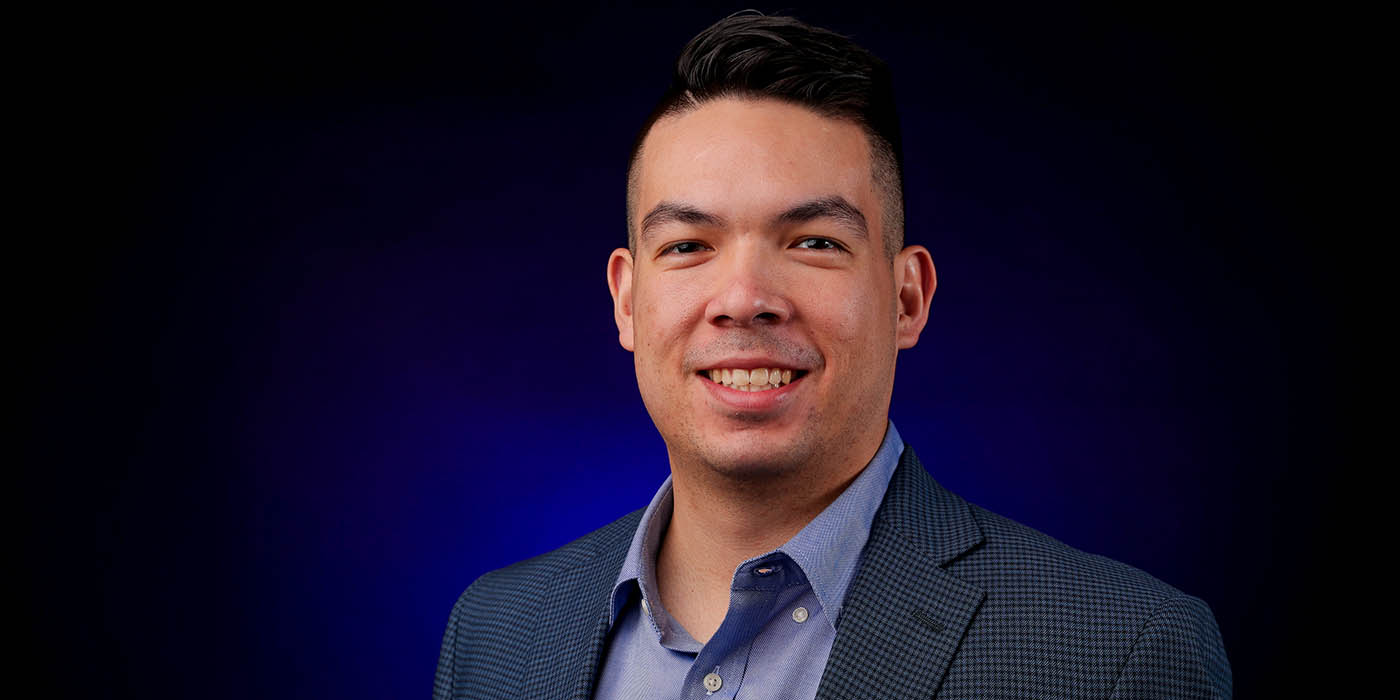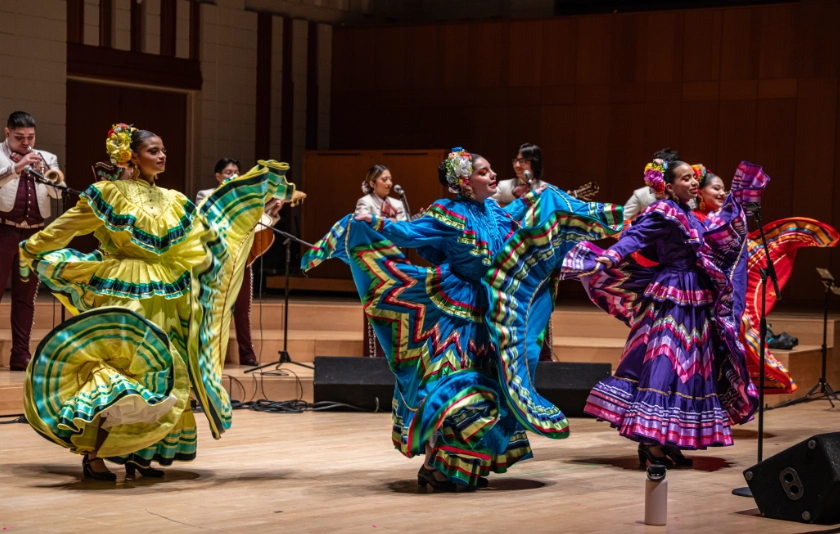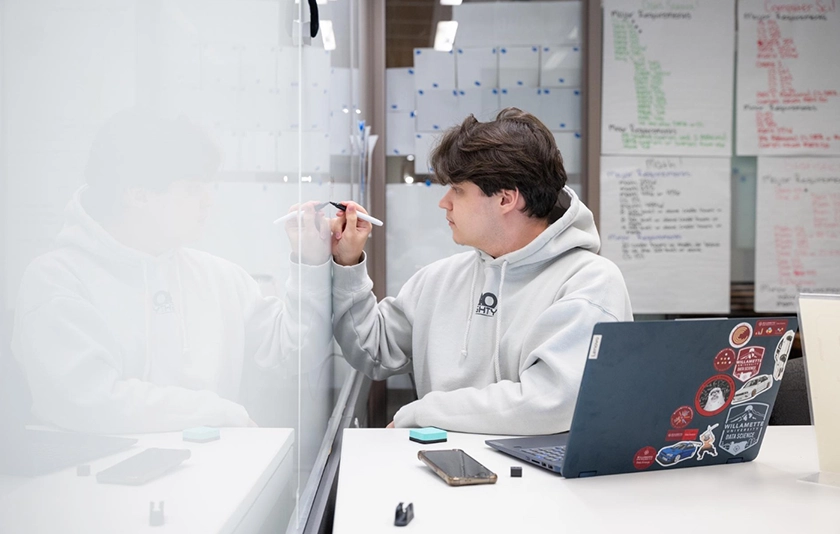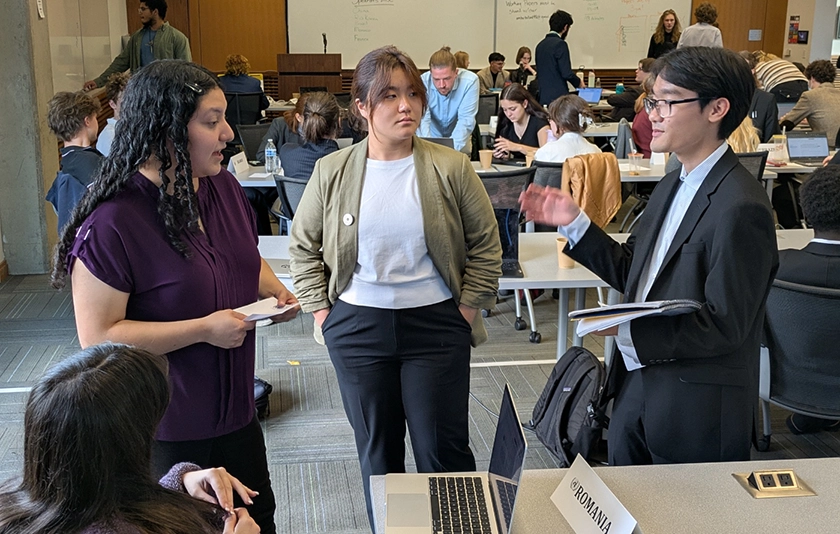There’s no crying in baseball, but there is linear algebra.
A few coordinate points can make plenty of inferences about a player. But as Tommy Kawamura ’14 spent most of his time absorbed in data for the Houston Astros — first as development coach, now in advance scouting — the former math and economics major didn’t expect to see something from his college days appear in a question at work.
He had to email his former Willamette thesis advisers to tell them about it. He couldn’t believe linear algebra followed him into baseball — or his liberal arts degree, which became useful in an unexpected way.
Books and baseball
Willamette offered Kawamura the best opportunity to continue baseball after high school, so he played throughout his undergraduate career. He also became an assistant coach for a local American Legion summer team with Brandon Chinn ’14, taught at Willamette’s baseball camp and assisted athletic events all four years.
While his passion for the game and natural strength in math would make his current career seem like an obvious choice, it was not. Even though Michael Lewis’ “Moneyball: The Art of Winning an Unfair Game'' had brought attention to the industry’s shift to using statistical analysis to outsmart opposing teams by the time Kawamura started at Willamette, he never considered the career until his junior year. After he heard that a teammate was thinking about a front office job, he weighed taking a similar path — and working at an insurance company that summer confirmed it. He quit after one day and continued to pursue a front office job, he said.
Kawamura’s senior thesis advisers, Professor of Math Peter Otto and former Visiting Professor Jordan Purdy, assisted him on his journey the most. Otto was nothing but supportive and Purdy, who played baseball at George Fox University years ago, had a math and baseball background Kawamura could relate to. Beyond advising him on his essay, they taught him R Studio, a software that combines common tools for building applications in one interface.
Knowing just the basics boosted his resume skills enough to get his foot in the door with baseball analytics. “Having two professors teach me R and let me explore the career I wanted to was such a powerful experience,” he said.
Sports data tracking company Baseball Info Solutions (now Sports Info Solutions) in Pennsylvania seemed like a wise step after he graduated in 2014 — Kawamura had heard it launched the career of Erik Neander, general manager of the Tampa Bay Rays — and he felt confident about his skill set.
“I definitely had the best opportunity to market myself. Most of the time, it’s either one or the other — you have really high-level baseball knowledge or you have a more educational background in statistical analysis or programming, and the two don’t always merge,” he said. “I figured I may not be the best in either category, but I could be a hybrid.”
During Kawamura’s three months as a video scout, he learned the programming language SQL to manage data and gleaned everything he could from coworkers who knew how to interview and work for Major League Baseball teams. It’s not always a straightforward process. Few jobs were posted, so he emailed every team for openings. He sent his resume and his senior thesis.
“It might not have been groundbreaking analytical work, but it showed some technical skills, some critical thinking and my baseball background as well,” he said.
In the big leagues
His thesis became a more powerful tool than he imagined.
It helped him land a baseball operations internship with the New York Mets, where he learned how to break down large sets of data into something actionable and understandable to players and coaches — essentially advance scouting — and grew acquainted with the intricacies of front office rules and regulations.
Following the internship he applied again to Major League teams, sending along the same thesis, and that led to a development coach job for the Astros in Corpus Christi. Even though he didn’t have the credibility to coach professional athletes, he said, the team wanted someone with a strong analytical background to assist with on-the-ground initiatives. So he spent the next two years in uniform, coaching the minor leagues.
“It changed my outlook on my career aspirations,” he said. “I didn’t even think it was in the realm of possibility — I used to play small college baseball. Someday, I’d like to go back to it.”
Then the Astros moved him to Houston for the advance scouting role. He works and travels with the team, but most of the time he’s doing research and writing, jotting down strengths and weaknesses to communicate it to coaches and players.
As a numbers guy, Kawamura would have never chosen Willamette without the option to play. But all of the classes he disliked — creative writing, language, literature — gave him skills he uses on a daily basis. Although the nature of his writing is more technical than creative, being clear and concise is extremely important to his job, and the bit of Spanish he picked up in college helps him communicate with players. He likely wouldn’t be where he is today without a liberal arts education, he said.
“Departments value that hybrid of skills — there’s so much data and baseball knowledge out there, but being synergized is the big challenge,” he said.




